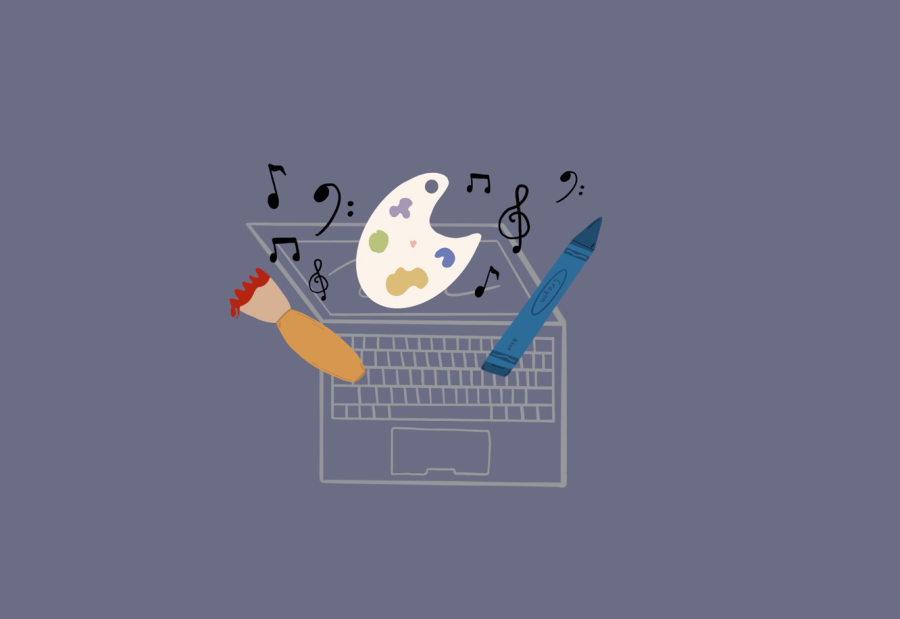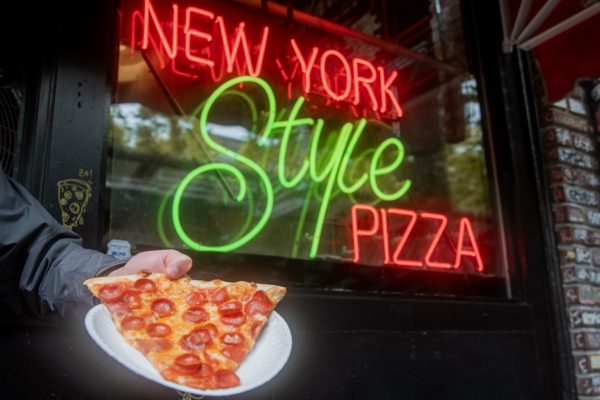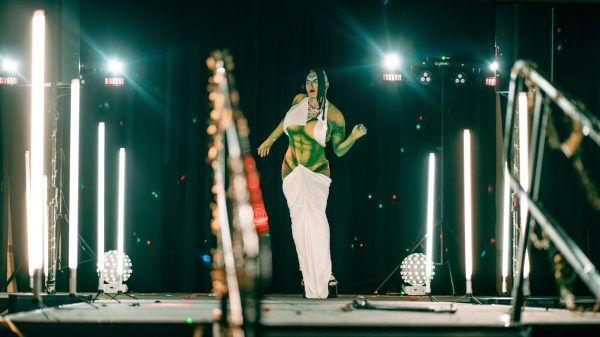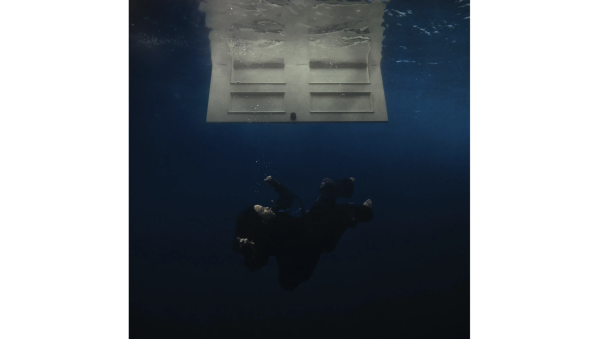Navigating Creativity and Financial Security in a Recession
In times of economic instability, the creative sector can abruptly transform from a thriving job market into an impractical luxury. When people are put in the center of economic strife, the attention on practical needs such as food, shelter, water, electricity and others are put in front of artistic endeavors such as fashion, film, design or fine art.
As economists predict an approaching recession, workers within creative fields are left in a vulnerable position: balancing passion with practicality.
Etienne Masson-Makdissi, a lecturer in economics at Seattle University, provides context about a recession’s effect on the arts, and how household shifts can influence creative fields.
“In a recession things become more expensive. So at a base level, households will probably want to cut their expenses. And so, in terms of creative jobs, what you might be worried about is that one of the first thing’s [households] start cutting is stuff that might seem more like a luxury: movies, video games, paintings,” Makdissi said.
When creative fields are in lower demand, creative opportunities also decrease. For students that are preparing to enter artistic job markets, this decrease in job openings poses a major threat to their future employment.
Aly Ansbacher, a fourth-year sociology major hoping to pursue a career in filmmaking, illustrates the relationship between fiscal necessity and creative fulfillment.
“Every time I think about working on a set and making films with people I just get so excited and I’m just like ‘Ugh. That’s all I want to do.’ I just want to be there and I want to do that and I don’t have to get paid,” Ansbacher said. ”As much as I know I need to be in it for the money…a much bigger part of me is like ‘I’ll just play.’ I just like being there.”
Sarah Wilson, a first-year student at Chemeketa Community College working towards a career in fashion, echoes Ansbacher’s sentiment that despite the heightened uncertainty creative jobs may produce, one’s passion for their artform is often more influential than fiscal opportunity.
“When people ask me what I want to be I instantly feel the need to justify myself. However, I see these ‘practical jobs’ as a stepping stone. Every job I’ve had so far wasn’t something I liked or enjoyed, I just remind myself it isn’t forever,” Wilson said. “[If everyone could] afford sustainable and fashionable clothes that makes them feel good about themselves, the world would be a way better place, which is why I want to be a part of making that happen.”
As creative fields are pushed into the ‘luxury’ category, consuming and appreciating different forms of art threatens to become a privilege reserved for individuals unscathed by a recession.
“To make art more accessible, it’s important to interact and engage with all audiences and not single out one group that can afford expensive things,” Wilson said. “[As well as] highlighting brands owned by women, Black owned, LGBTQ+, and other minorities. Art is most definitely necessary, however unfortunately in these times, if people have to choose between art or food on the table, it’s pretty clear what choice they have to make.”
Ansbacher agrees that art is a necessity.
“I think art is something that people really need, even if they don’t realize it. Whether it is creating art and needing to have that outlet or being able to appreciate it in whatever form it is,” Ansbacher said.
Job prospects for creative majors may become more scarce as the recession kicks into action, but impassioned students are still determined to pursue their art despite its potential impracticality. While there are barriers to consuming creativity, particularly in times of economic instability, artists and economists alike recognize the integral role of art, in all its mediums, as a form of expression and fulfillment.










